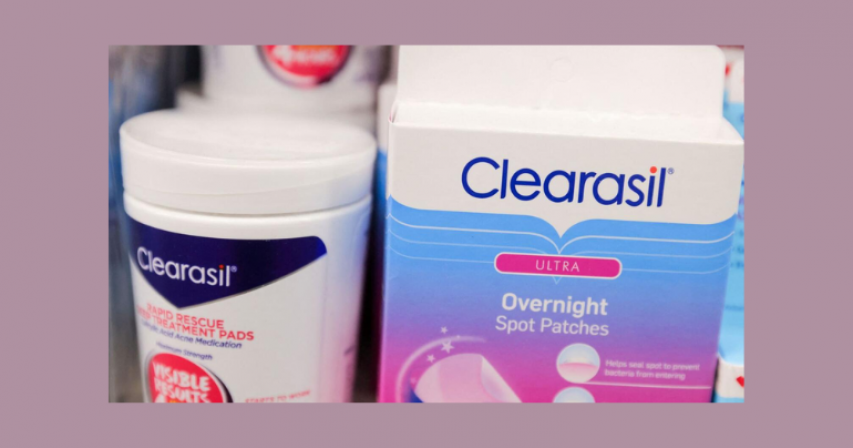Benzene in Acne Treatments: Health Concerns Rise

A recent report by independent US laboratory Valisure has revealed alarming levels of the cancer-causing chemical benzene in certain acne treatments from well-known brands like Clinique, Up & Up, and Clearasil. This discovery has prompted concerns about consumer safety and has led to calls for action from regulatory authorities.
Valisure's findings, which were made public on Wednesday, have raised significant concerns among consumers and health experts alike. The detection of benzene in acne treatment products is particularly troubling due to its known carcinogenic properties. Benzene exposure has been linked to various types of cancer, including leukemia and lymphoma, making its presence in consumer products a serious health risk.
The affected brands, including Estee Lauder's Clinique, Target's Up & Up, and Clearasil, have come under scrutiny following the report. Estee Lauder's shares experienced a notable decline of 3 percent in response to the revelations, highlighting the impact of Valisure's findings on market sentiment.
In response to the report, Valisure has filed a petition with the US Food and Drug Administration (FDA), urging the regulator to take immediate action. The petition calls for the recall of the implicated products, a thorough investigation into the matter, and the revision of industry guidance to prevent similar issues in the future.
According to Valisure, benzene contamination in acne treatment products could occur at "unacceptably high levels," posing a significant risk to consumer health. This contamination is particularly concerning as it originates from the benzoyl peroxide itself, a common ingredient in acne treatments. The detection of benzene in benzoyl peroxide products represents a departure from previous cases where benzene contamination was attributed to contaminated ingredients.
Valisure's tests revealed that some products contained benzene levels exceeding 800 times the conditionally restricted concentration limit set by the FDA. This alarming level of contamination underscores the urgent need for regulatory intervention to protect consumers from exposure to harmful chemicals.
Furthermore, Valisure's investigation uncovered evidence suggesting that benzene could be released from the packaging of affected products, posing an additional inhalation risk to consumers. This finding highlights the potential for widespread exposure to benzene, further emphasizing the importance of swift regulatory action.
While Valisure's report has prompted calls for action from regulatory authorities, affected brands have yet to issue official responses to the findings. Target, Estee Lauder, Walmart, and Reckitt Benckiser, among others, have not commented on the matter, leaving consumers in the dark about the steps being taken to address the issue.
In light of the seriousness of the situation, it is imperative that regulatory authorities swiftly investigate the matter and take appropriate measures to ensure consumer safety. The detection of benzene in acne treatment products underscores the need for stringent quality control measures and regular monitoring of consumer products to prevent similar incidents in the future.
By: Sahiba Suri





Comments